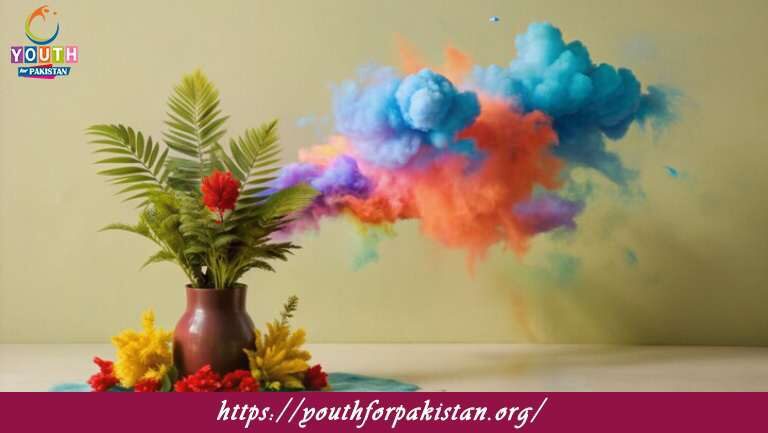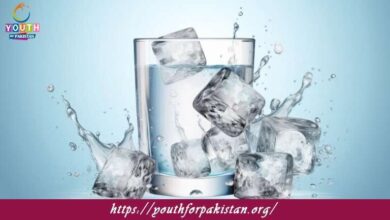11th Class Chemistry Chapter 3 Quiz with Answers

“11th Class Chemistry Chapter 3 Quiz: Gases” discusses in detail the properties, behavior, and laws governing gases, which are a fundamental topic in chemistry. This chapter is very important for MDCAT students because gases are involved in many chemical reactions and processes, and understanding their behavior is crucial in solving problems related to gases in the MDCAT exam. Our MDCAT Quiz for this chapter will help check your understanding of gas laws and prepare you for MDCAT-related questions.
The chapter begins with an introduction to the properties of gases, including their ability to expand and fill any container, having low density when compared to solids and liquids, and being compressible. Students learn about gas pressure, which is the force exerted by gas molecules as they collide with the walls of a container.
The key gas laws will be discussed: Boyle’s Law, which describes that the volume of a gas at constant temperature varies inversely with its pressure; Charles’s Law, which demonstrates that at constant pressure, the volume of a gas is directly proportional to temperature; and Avogadro’s Law, which at constant temperature and pressure, states that the volume of a gas is directly proportional to the number of molecules. These individual gas laws are all combined into one equation—the Ideal Gas Law: PV = nRT, where P is pressure, V is volume, n is the number of moles, R is the gas constant, and T is temperature.
This law makes it possible to calculate properties under different conditions for gases. It also explains how real gases act under very high pressures and low temperatures, deviating from ideal behavior, leading to the concept of the Van der Waals equation, bringing real gas behavior closer to its actual behavior. Finally, it explains partial pressure, whereby each gas in a mixture exerts its own independent pressure regardless of the other gases present.
MDCAT Quiz: Test Your Knowledge of Gases
Our MDCAT Quiz for Chapter 3 challenges students with questions on gas laws, ideal gas behavior, real gases, and partial pressure. This quiz will help reinforce your understanding of gas properties and their behavior, preparing you for related questions in the MDCAT exam.
- Test Name: 11th Class Chemistry Chapter 3 Quiz
- Type: Quiz Test
- Total Questions: 30
- Total Marks: 30
- Time: 30 minutes
Note: Answer of the questions will change randomly each time you start the test, once you are finished, click the View Results button.
Free Flashcards for Gases
Reinforce your understanding with free flashcards for Chapter 3. These flashcards cover important topics such as Boyle’s Law, Charles’s Law, Ideal Gas Law, and Van der Waals equation. Flashcards are a powerful tool for quick revision and ensuring that you are well-prepared for MDCAT exam questions on gases.

What is the pressure of a gas that has a volume of 6.0 L and a temperature of 350 K if it exerts a force of 300 N?
100 atm

What is the pressure of a gas that has a volume of 4.0 L and a temperature of 250 K if it exerts a force of 150 N?
30 atm

What is the pressure of a gas that has a volume of 3.0 L and a temperature of 200 K if it exerts a force of 50 N?
16.7 atm

What law states that the pressure of a fixed mass of gas at constant temperature is inversely proportional to its volume?
Boyle's law

What is the pressure of a gas that has a volume of 5.0 L and a temperature of 400 K if it exerts a force of 200 N?
40 atm

What is the pressure of a gas that has a volume of 2.0 L and a temperature of 300 K if it exerts a force of 100 N?
50 atm

What law states that the volume of a gas is inversely proportional to its pressure, provided the temperature remains constant?
Boyle's law

What is the pressure exerted by a gas if it occupies 3.0 L at a temperature of 25°C and a volume of 1.0 L at 100°C?
1 atm
Experience the real exam environment with our expertly designed collection of over 25,000 MCQs MDCAT Mock Tests.





